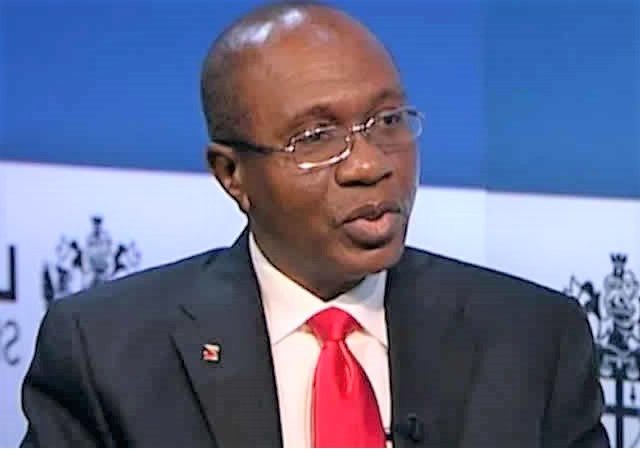MEDIATRACNET
Determined to make more money available for lending to the real sector of the economy, the Central Bank of Nigeria has directed deposit money banks to raise to N65 from every N100 cash available in their reserve they are willing to give as loans.
In July this year, the apex bank raised the loan-to-deposit ratio (LDR) of the commercial banks from N55 from every N100 to N60 to boost the capacity of lending to the real sector.
During the Monetary Policy Committee (MPC) meeting last month, members lamented the significantly low credit to the private sector relative to the absorptive capacity of the economy.
The CBN governor, Godwin Emefiele, said the committee urged deposit money banks to increase the percentage of their total deposit base available for lending.
Besides, he said the committee underlined the need to grow consumer, mortgage and corporate credit to drive aggregate demand and ensure a reduction in unemployment and an increase in output growth.
Apparently acting on the recommendation of the MPC, the banking sector regulator on Monday directive all deposit money banks to raise their loans-to-deposit ratio (LDR) from 60 per cent to 65.
The directive was contained in a letter to all banks signed by Bello Hassan on behalf of the Director Banking Supervision of CBN. The directive to review the LDR is the second in three months.
LDR is the percentage provision the bank is willing to make for loans from the total cash deposit it has as deposit with the CBN.
The CBN, which said the latest ratio was subject to quarterly reviews said banks that fail to attain a stipulated minimum LDR by December 31 this year will be sanctioned.
“Failure to meet the above minimum LDR by the specified date shall result in a levy of additional Cash Reserve Requirement (CRR) equal to 50 per cent of the lending shortfall implied by the target LDR,” it said.
The CRR is the amount of funds banks are allowed to maintain with the CBN at any given time for disbursement to prospective borrowers.
Rising level of gross credit
The CBN had noted the appreciable growth in the level of gross credit to the banking industry by the banks, by N829.40 billion, or 5.33 per cent. What does this mean?
The credit level, the CBN said, increased from N15.57 trillion at the end of May to over N16.4 trillion at September 26.
The CBN said the decision to raise the minimum LDR target for all Deposit Money Banks was to help sustain the momentum of increment of the level of credit available to the real sector.
To check the risk of worsening bad debts, the apex bank said DMBs would be required to strengthen their risk management practices, especially their lending operations.
“The CBN shall continue to review developments in the market with a view to facilitating greater investment in the real sector of the Nigerian economy whilst promoting a safe, sound and resilient financial system,” the CBN governor said.
‘Resilient banking sector’
During the last Monetary Policy Committee meeting, the CBN governor, Godwin Emefiele, said members noted the improved performance and ”the resilience of the banking sector”.
He said the sector continued to show moderation in the ratio of non-performing loans (NPLs) from 11.2 to 9.4 per cent in May and August 2019.
The CBN has always noted the challenge of poor credit available to the real sector, particularly the small and medium enterprises considered the engine of growth to the economy.
Also, the committee urged the CBN to fast-track the development of the credit scoring system, to promote increased intermediation.
The MPC also demanded the introduction of the Global Standing Instruction (GSI) initiative to de-risk credit in the banking industry by committing bank customers to repay their loans to banks.
Specifically, the MPC underlined the significance of increasing supply of microcredit to key micro, small and medium enterprises (MSMEs), including the Nigeria Incentive-Based Risk Sharing System for Agricultural Lending (NIRSAL) Microfinance Bank to extend the reach of its credit facilities nationwide.



